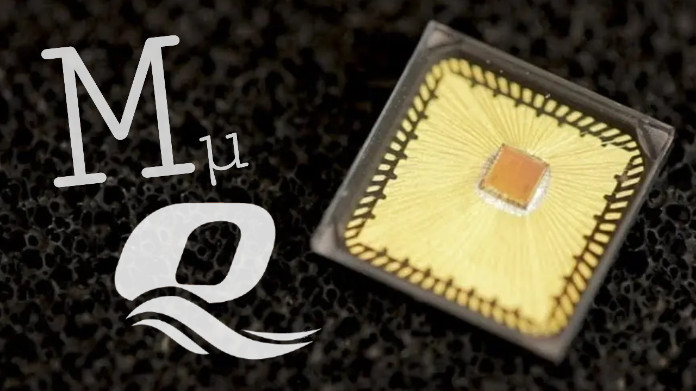Australia-based semiconductor company Morse Micro, developing Wi-Fi HaLow for low-power mid-range IoT solutions, has struck a deal with IoT module maker Quectel Wireless Solutions to bring commercial Wi-Fi HaLow products to market. Quectel will integrate Morse Micro’s 802.11ah Wi-Fi HaLow technology into a new module, designed for consumer, industrial, agricultural and other use cases, the pair said.
Wi-Fi HaLow (802.11ah) uses sub-GHz spectrum frequencies in global ISM bands, between 850 MHz and 950 MHz. These offer advantages over the unlicensed 2.4 GHz and 5 GHz bands, where Wi-Fi traditionally plays, insofar as the spectrum is less congested and lower frequency, improving reliability, propagation, and coverage. As a consequence, the HaLow version makes Wi-Fi viable effectively for lower-power wider-area IoT cases.
Fans of the technology – Morse Micro, for starters – claim it offers a 10-times advance in terms of range, compared with conventional Wi-Fi. The latest marketing also suggests a 100-times advance in terms of coverage area, and 1,000-times advance in terms of coverage volumes. Use cases for Wi-Fi HaLow “extend across the complete IoT ecosystem, from consumer to commercial, industrial to agricultural use”, reckons Morse Micro.
Quectel’s new FGH100M module, using a MM6108 system-on-chip (SoC) from Morse Micro, is its first commercial Wi-Fi HaLow product. It operates in 850–950 MHz bands with 1/2/4/8 MHz channel width and features 21 dBm maximum output power and 32.5 Mbps maximum theoretical transmission rate. It measures 13 mm x 13 mm x 2.2 mm. It is being pitched for consumer, industrial, agricultural and other IoT use cases.
Michael De Nil, chief executive officer at Morse Micro, said: “This demonstrates the growth and momentum of Wi-Fi HaLow… Quectel’s… portfolio of IoT modules provides a strategic footprint to integrate our Wi-Fi HaLow technology… We look forward to collaborating with Quectel to develop new Wi-Fi HaLow solutions… to be game changers for consumers and enterprises, from smart home to smart city and everything in between.”
Norbert Muhrer, president at Quectel Wireless Solutions, said: “[This] demonstrates our continued focus to provide our customers with leading-edge IoT solutions that are deployed across the globe into multiple IoT applications. Morse Micro’s… Wi-Fi HaLow technology is well-suited for IoT modules designed to meet growing demands for long-range connectivity and low power requirements for many IoT and machine-to-machine applications.”
Morse Micro raised AUS$30 million ($20m) in Series B funding at the end of 2022, to go on top of a AUS$140 million ($94m) Series B round a couple of months prior. The new funds take its total Series B earnings to AUS$170 million ($114m). TelstraSuper, HESTA, Hostplus, NGS (Blackbird Ventures), and UniSuper (Uniseed) participated. Morse Micro said at the time it will use the new capital for “unprecedented scale and demand for Wi-Fi HaLow”.

